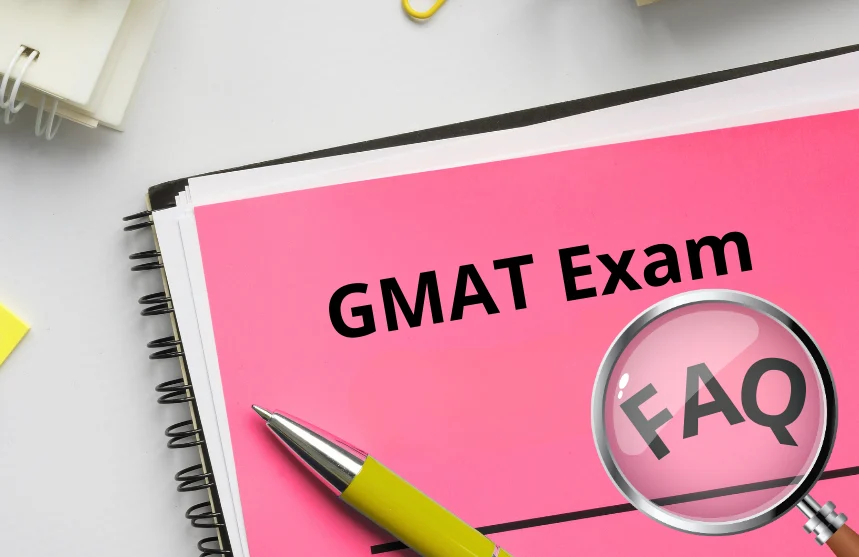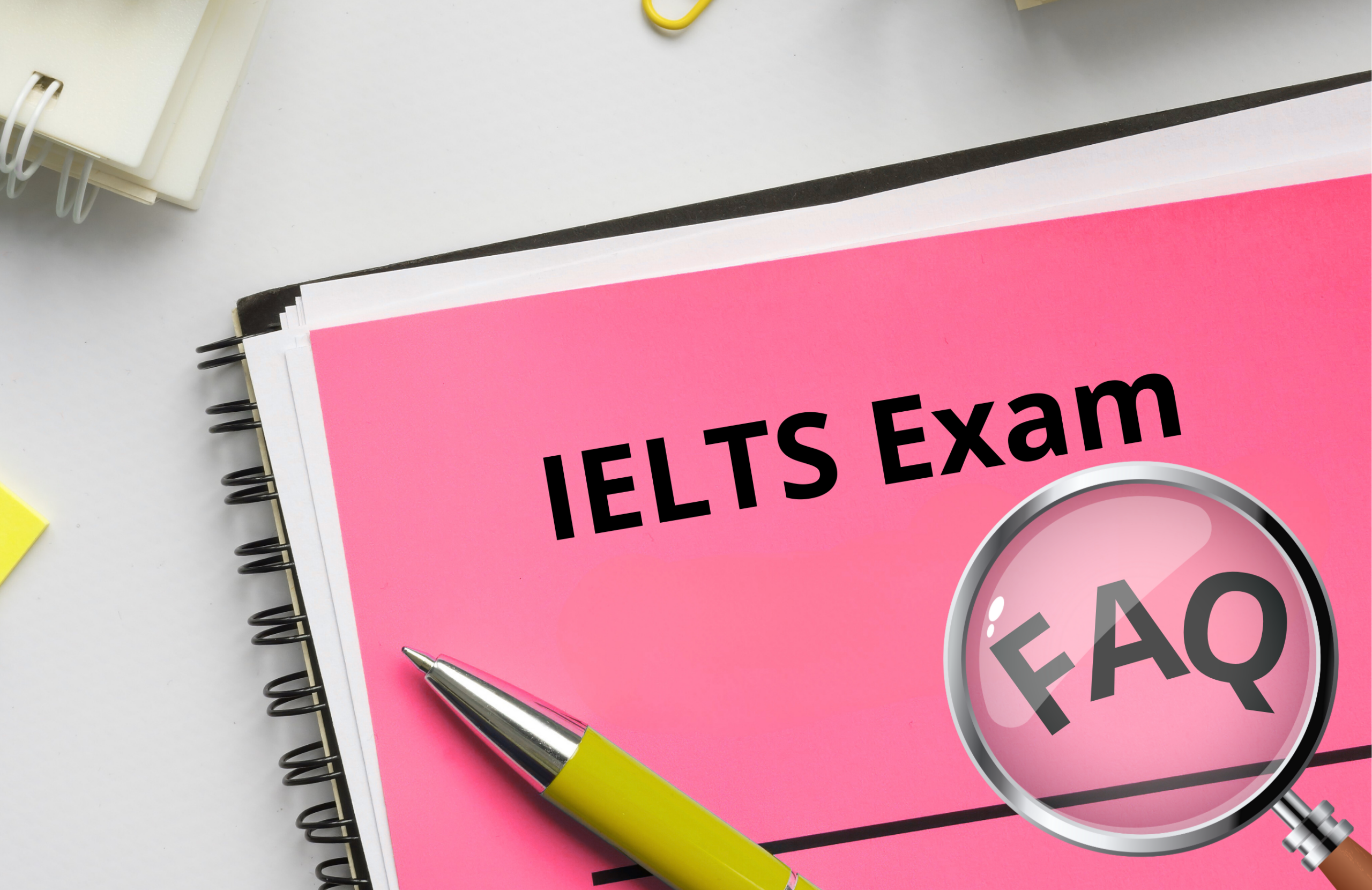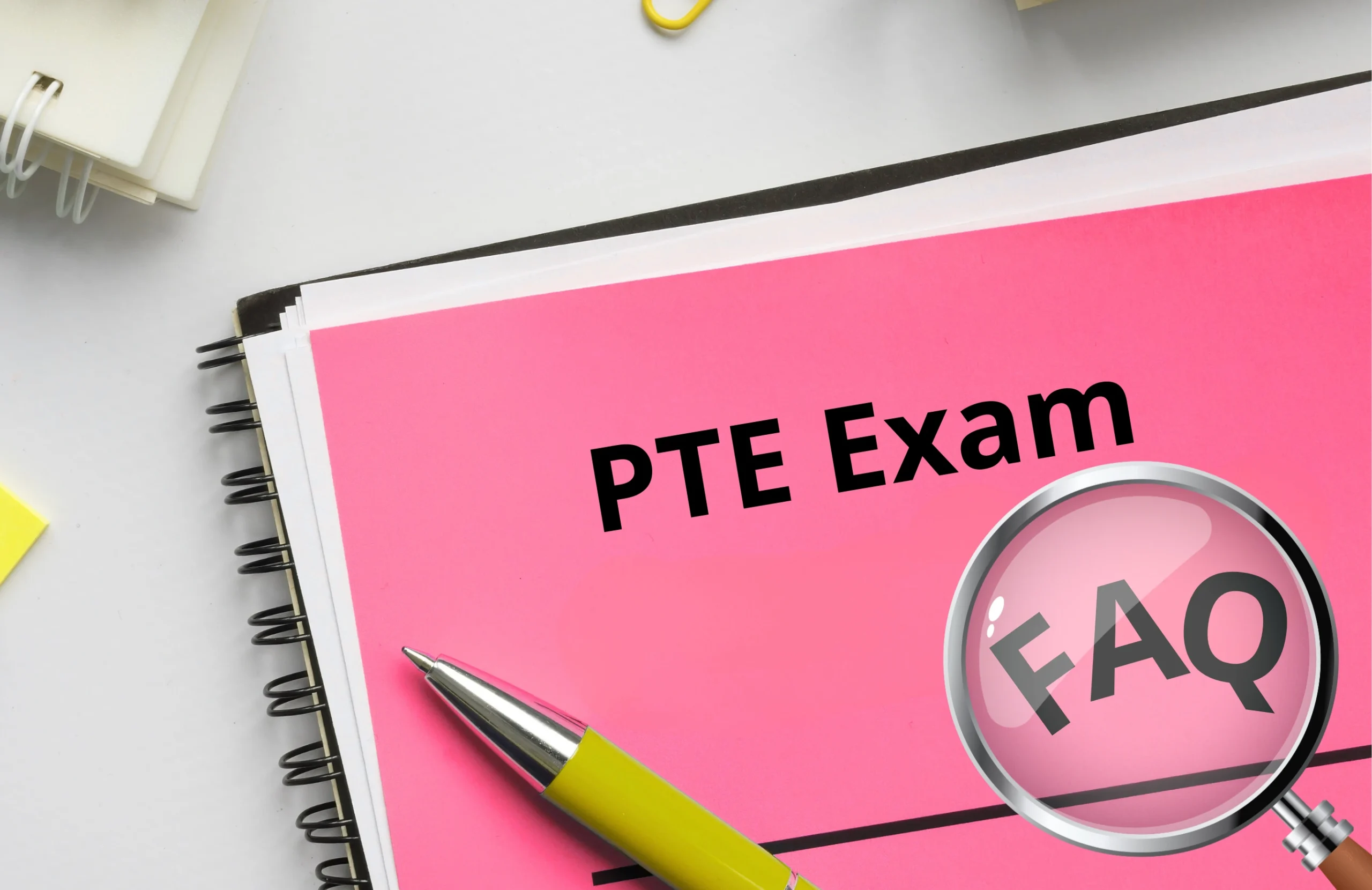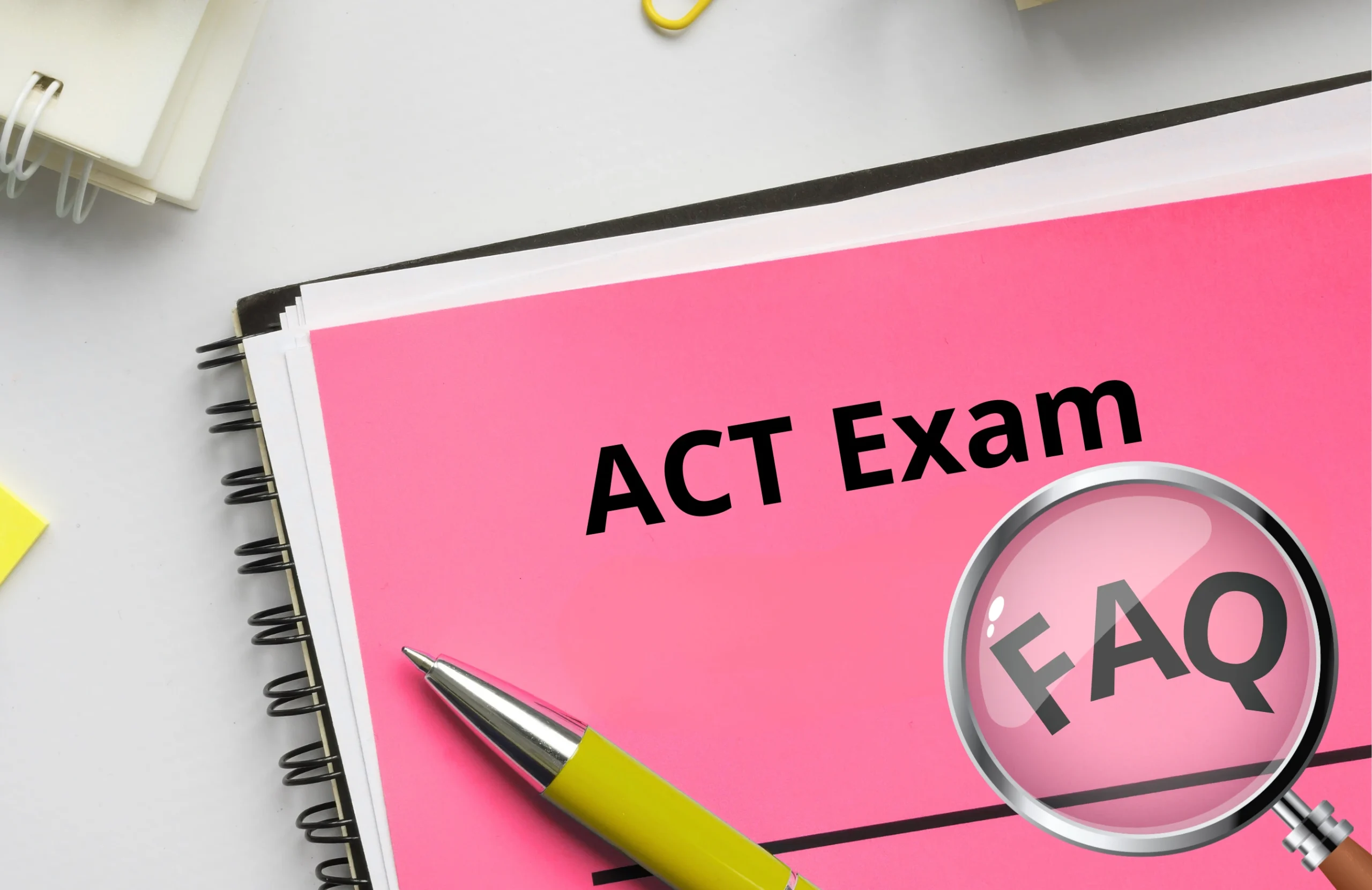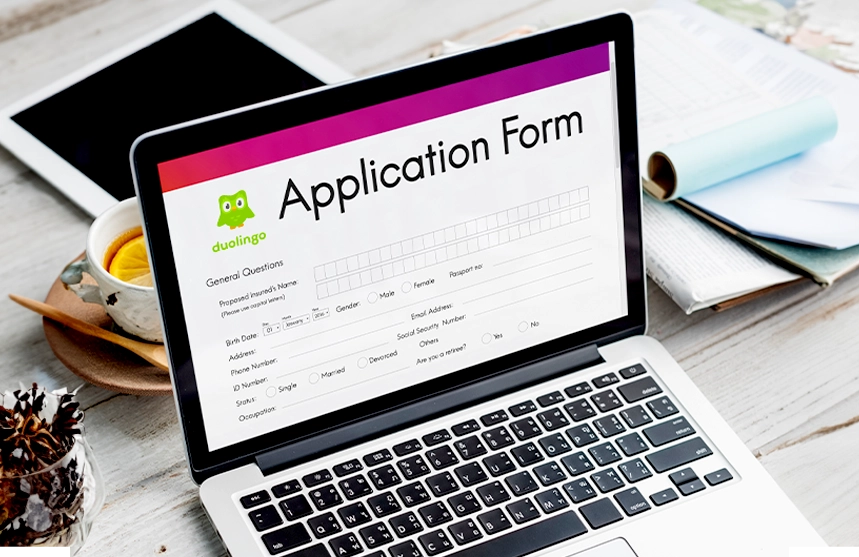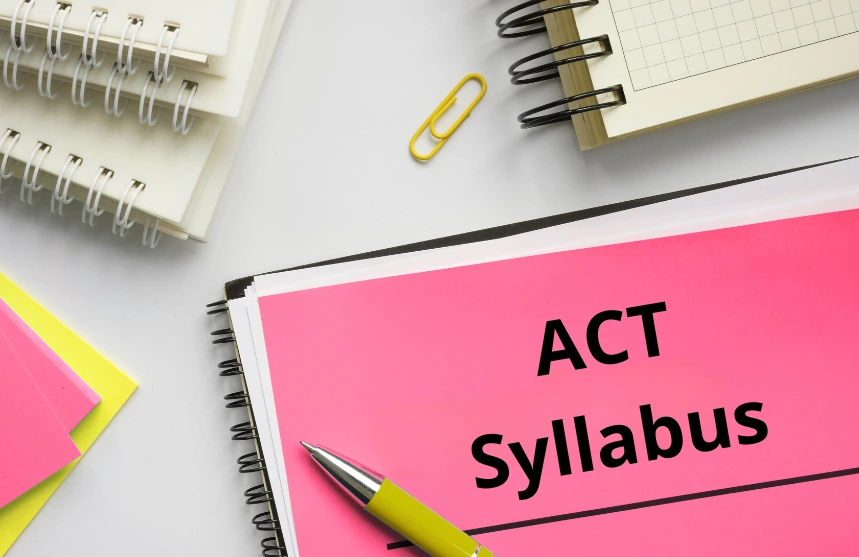Nursing Exam for Abroad: What You Need to Clear, Why It Matters, and How to Plan It Right
Tips and Tricks to Crack IELTS Exam in 2025

“The seemingly innocuous ritual of my morning perambulation, accompanied by a contemplative engagement with nature’s symphonic serenity, offers a profoundly rejuvenating interlude amidst the quotidian chaos of urban existence.”
Translation: My morning walk, while simple, gives me peace and refreshes me in the middle of everyday city stress.
If you’re aiming to crack the IELTS exam on your very first attempt, you’ll need to raise the bar for your English language skills. Whether it’s reading, writing, speaking, or listening – a strong vocabulary and solid grasp of the language are essential to clear the exam. While such formal English might not be part of daily conversations, when it comes to IELTS, no expression is considered too elaborate.
Whether you’re planning to Study Abroad, work in an English-speaking country, or apply for permanent residency, the IELTS exam is a critical step in your journey. Every year, over 3 million candidates take the IELTS test – making it one of the most trusted and widely accepted English proficiency exams worldwide.
There are no restrictions on the number of times you can take the IELTS, and it’s conducted at least twice a month throughout the year. Still, thorough preparation is key to success. In this blog, we’ll share some effective tips and tricks to help you clear the IELTS in your very first attempt.
So, let’s dive in!
What is IELTS Exam?
IELTS or International English Language Testing System, is a globally recognised and accepted English language test. This exam is designed to assess the English language skills of an individual willing to work or study in an English-speaking nation. Accepted in over 140 countries like the USA, UK, Australia, and Canada, IELTS Exam is your ticket to abroad education or work opportunities.
Conducted by British Council and Cambridge English, this test is for individuals who wants to study abroad, work in an English-speaking nation, or are planning to relocate to English-native land. The exam is of two types IELTS Academic and IELTS General Training. Divided into four sections; Reading, Writing, Listening, and Speaking; while Listening and Speaking are kind of similar for both the test types, Reading and Writing sections differ. The exam result is measured in band score, 0 denoting the applicant didn’t appear for the exam and 9 stating them as the expert of the language.
| Feature | IELTS Academic | IELTS General Training |
|---|---|---|
| Purpose | Study at undergraduate/postgraduate level | Work, training, or migration to English-speaking countries |
| Target Audience | Students, professionals applying to universities | Immigrants, job seekers, secondary education applicants |
| Reading Section | 3 long academic texts (journals, research) | 3 sections with everyday content (notices, ads, work documents) |
| Writing Task 1 | Describe graph, chart, or diagram | Write a formal/semi-formal/informal letter |
| Writing Task 2 | Formal essay on academic topic | Essay on general topic (less formal tone) |
| Listening Section | Same for both | Same for both |
| Speaking Section | Same for both | Same for both |
| Accepted By | Universities, academic institutions | Immigration authorities, employers, training organisations |
Tips and Tricks to Crack IELTS
The IELTS exam consists of four important sections; Reading, Writing, Listening, and Speaking. To clear all the sections and maintain a great overall band score, you have to treat each section likewise. So, today, to make your journey of IELTS preparations an easy one, here we are giving you the best tips and tricks. With the help of these easy tricks, you can overcome the toughest language exam of this world. Let’s get started!
IELTS Reading – A 60-minute Task
The IELTS Reading test contains 40 questions that you have to complete in 60 minutes. While the Academic test for students has 3 long passages from books, journals, and newspapers; the General Training exam is a mix of short and long texts based on daily life context. To help you prepare for your respective exam, here’s how you must prepare for it.
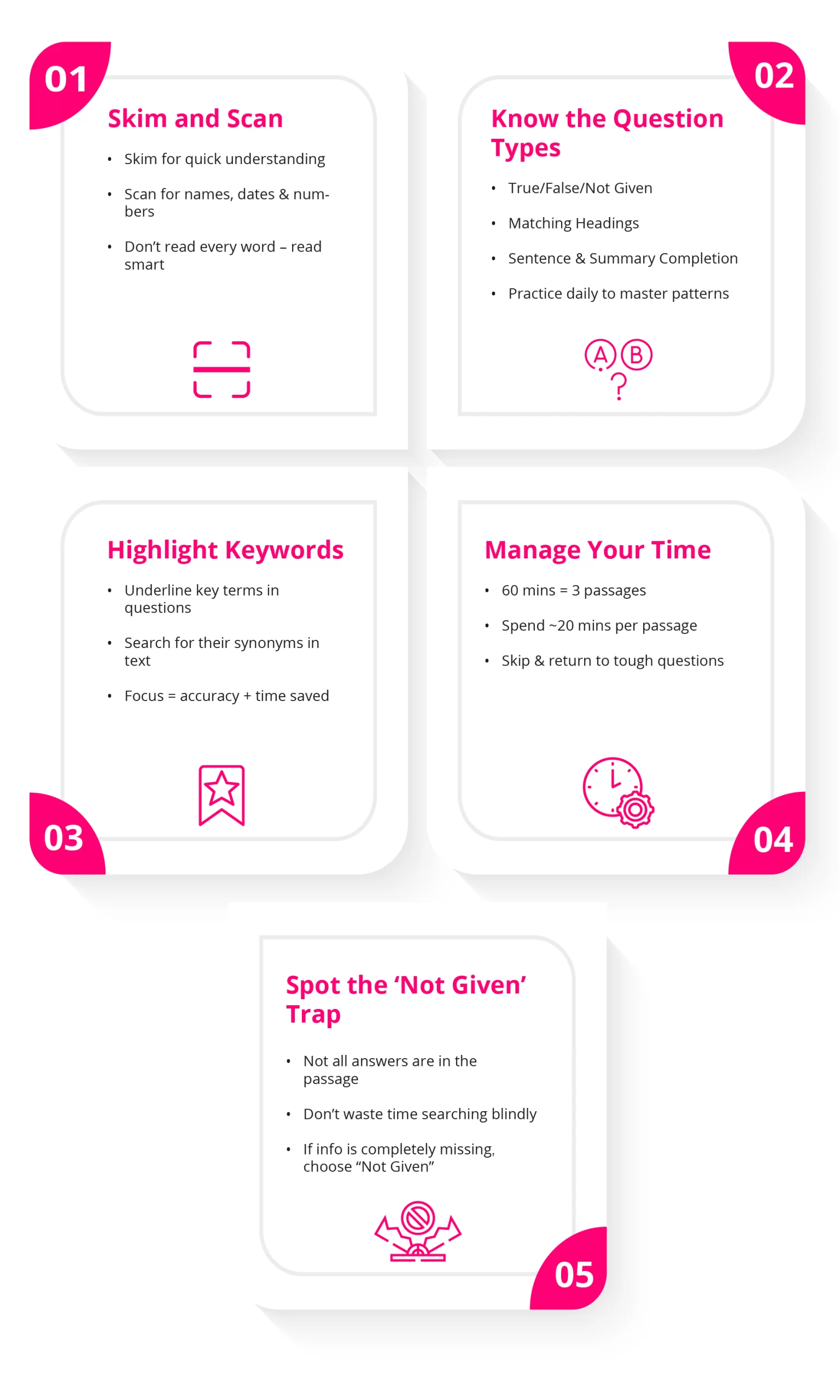
1. Skim and Scan: The paragraphs will be at least 200 words long, spending all the time in reading won’t be a clever choice. Hence, you must master the skills of skimming and scanning. Skimming the paragraphs means going through the content in quick glances. On the other hand, when you are scanning a paragraph look for numbers, dates, or names to gather specific information.
2. Understand Each Question Type: In your IELTS Reading Exam, your questions will either be true/false/not given, matching headings, sentence completion, or summary completion. Before you start responding to the questions, it is crucial you figure out the pattern of questions. This is why you must take a lot of practice test so that you are able to understand the format of your question paper.
3. Highlight Keywords: While skimming and scanning the paragraphs, it isn’t possible for you to read everything word-by-word and remember them too. Hence, use this clever trick of underlining or mentally taking note of the key terms asked in the question and then search for its synonyms in the text. In this manner you will be able to save time and answer accurately.
4. Time Management: When you know that the IELTS Reading exam for both Academic and General Training is of 60 minutes, you don’t have much time to waste. When you practice a lot, you will make yourself familiar with the types of questions. To ensure your answer all the questions in your exam, it is better to give 20 minutes to each passage. If you find yourself stuck somewhere, then move, answer other questions, and then come back to the question later.
5. Be Careful with ‘Not Given’: To challenge test-takers, the IELTS Reading section often includes a few tricky questions where the answers aren’t mentioned in the passage at all. Be cautious of these – don’t waste valuable time trying to locate something that simply isn’t there. If the passage doesn’t provide any information related to the question, the correct answer is usually ‘Not Given’. Recognising these questions early can help you manage your time more effectively.
IELTS Writing- The Next 60 Minutes
Once you are done with IELTS Reading, you will jump to IELTS Writing. Like Reading, the Writing section for Academic and General Training is different. There are two tasks in the IELTS Writing exams where the first task is of 150 words, then next is for 250 words. For Academics, in task 1 students are asked to describe data from graph, chart, or diagram, and in General Training, the task 1 is about writing a letter whether formal or informal. Task 2 for both focuses on writing an essay on an argument or opinion. Here’s how you must prepare for it.
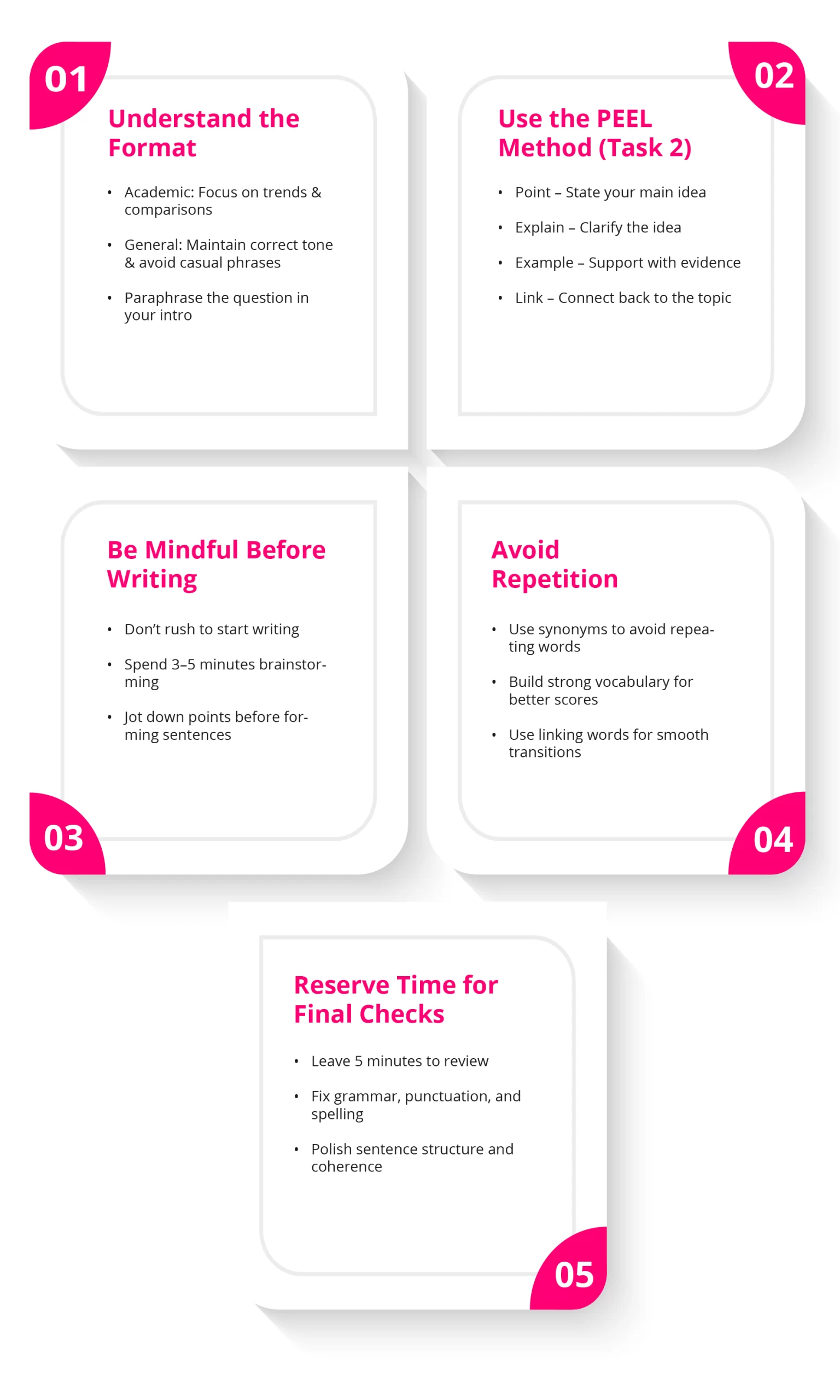
1. Understand the Format: When you start with task 1 of the writing section, do ensure to understand the format. For Academic, students must identify the trends, they don’t have to describe every number but do focus on comparisons and overall trends. For General Training, the tone of the letter is important, so ensure the letter doesn’t contain contradictions or casual phrases. The best tip to work on this 150-words task is to be paraphrasing the question in the introduction.
2. PEEL the Paragraph: When you start with task 2 of writing an essay, use the PEEL paragraph method. Point- state your main idea of the topic; Explain- clarify the topic; Example- provide evidence or example of your chosen topic; Link- connect back your paragraph to the question or topic. By keeping the PEEL method in check, you can easily write the essay in your task 2.
3. Be Mindful of Writing: One of the biggest mistakes test-takers make is directly starting to write on the essay. Starting writing without thinking about the topic much is a big mistake as you can get stuck in the middle of it. Hence, it is better to be mindful of what you want to write. Start by investing 3-5 minutes in brainstorming. Jot down your ideas and then start constructing your sentences.
4. Avoid Repetitions: When writing essays, try to avoid repeating the same words. Instead, use synonyms where appropriate, or rephrase the sentence to convey the same meaning differently. A strong vocabulary will greatly enhance your lexical resource score – one of the key assessment criteria in IELTS writing. Additionally, be sure to use effective linking words to ensure smooth transitions and coherence throughout your essay.
5. Leave Time for Final Checks: It would be a big stupidity to complete both the tasks but still be having mistakes in them. This is why once you are done writing, always reserve the last 5 minutes for the final checks. Fix your grammar, spelling, punctuation mistakes, or even see the sentence structure to avoid repetitive words.
IELTS Listening- 30 Minutes Rolling
After the IELTS Writing, comes IELTS Listening, and this task is the same for both IELTS Academic and General Training. The IELTS Listening exam contains four recordings, two conversations and two monologues. These recordings are in different accents like British, America, Australian, or more. There will be 40 questions in total across the 4 sections, you have to be attentive while taking the listening test. Here are the tips to prepare for the same.
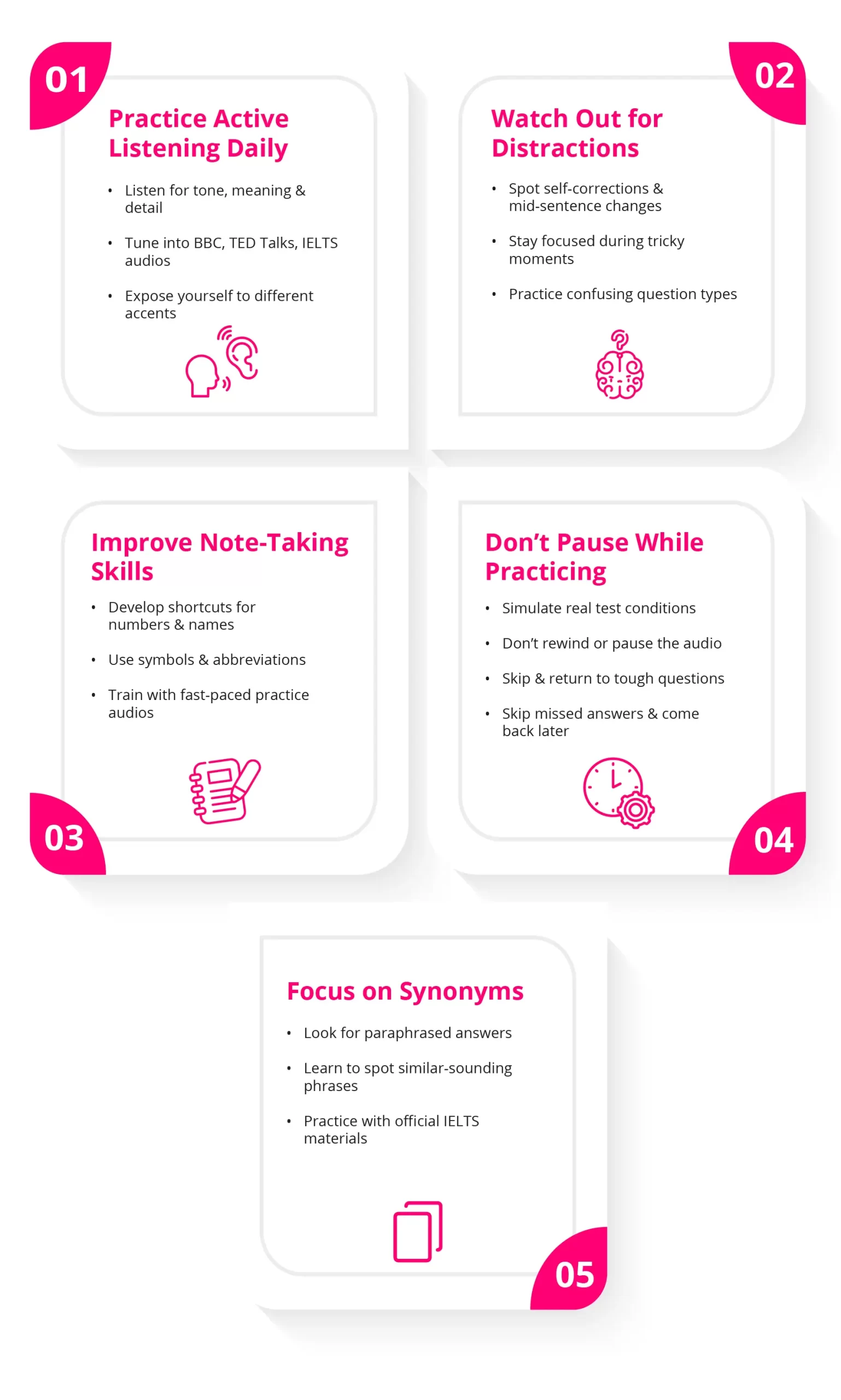
1. Practice Active Listening Daily: Don’t just ‘hear’ English- listen to every word carefully. To be able to crack your IELTS Listening test, you have to practice active listening daily, where you listen for meaning, tone, and details and not just for entertainment. To practice listening daily, try to listen to BBC podcasts, TED Talks, or even IELTS practice audios. Listen to different accents to be familiar with the accents.
2. Watch out for Distractions: One of the biggest reasons for taking IELTS Listening practice tests is to become aware of the distractions. The speaker may correct themselves while talking smoothly, this is to confuse the listener, and you must stay attentive for such hoax. The mid-sentence conversation change may lead to confusion; hence, you must practice of such questions as much as possible.
3. Improve Note Taking Skills: When taking the listening test, the speaker may speak fast, and you don’t get a chance to mark the answers right away. Hence, you must develop good note taking skills. You can develop a system to write down numbers, names, and keywords quickly. This will help you in being attentive while listening the speaker. Also, you can use abbreviations and symbols for repetitive words. You will only be able to do this flawlessly when you will take lots and lots of practice tests.
4. Don’t Pause While Practicing: While practising, to ensure not to pause to mark your answers. Never do this! Because you will not get the chance of pausing the audio at the time of your listening exam. No matter how poorly you perform in the practice exam, always ensure to let the entire audio to finish. If you miss to mark a couple of answers, you move on to the next one and stay attentive rather than sticking to the same question, you can always return to it later.
5. Focus on Synonyms: IELTS love paraphrasing! To confuse students, the IELTS audios might not always have the same words written in the question. You have to be attentive and mindful to catch the similar sounding phrases and synonyms. This is why it is crucial for you to practice from IELTS audios as this will give you picture of how to practice for the listening exam.
IELTS Speaking- 10-15 Minutes for Yourself
Once you are done with the three major parts of the IELTS exam, it is time for the fourth one. This speaking test is not a big task; you just have to be fluent and confident. There are three parts of the speaking test, the first round is about personal questions of 4-5 minutes. Round 2 is cue card topic, where you will pick a random cue card and have t speak for 1-2 minutes on the topic after preparing for 1 minute on the same at the time. The last round is of follow-up discussion on the related topics. Here is how you are going to prepare for your IELTS Speaking exam.
1. Think in English: One of the basic mistakes every Indian make is thinking of a sentence in their regional language and then translating it in English. It is lengthy, time consuming, and makes the other person wait a lot. As the IELTS Speaking test is of hardly 15 minutes, you better be prepared and skip the translation part.
2. Use Natural Fillers: When you are planning to migrate, work or study abroad in an English-speaking nation, you have to have good English-speaking manners. This is why you are also taking the IELTS exam. Especially in the speaking test, demonstrate your manner of conversing easily. Rather than using choking or stammering as your word fillers, use natural fillers in the conversation like, “let me think about it,” “to be honest,” etc.
3. Expand Your Answer: It is highly inappropriate to give one-word answers in your IELTS Speaking exam. To clear this test and showcase your abilities of holding a conversation, try saying more than one-word answers. To make your answer interesting add reasons, opinions, and examples to it. This will make you look intellectual and informative.
4. Practice with Timer: The cue card task in the IELTS Speaking section lasts just two minutes – but those two minutes could be the difference between achieving your dream of going abroad or staying back home. That’s why it’s essential to include speaking practice in your daily IELTS preparation. Time yourself and speak on a new topic for two minutes each day. This will not only help you build confidence but also allow you to track your progress over time.
5. Improve Pronunciation: The examiner isn’t there to see how well you catch the British or American accent, they are there to see how well you speak. Hence, practice speaking clear English with correct pronunciation. Break words into syllables to pronounce them correctly, focus on the stress and rhythm of the words.
IELTS Exam 2025- In a Nutshell
For your easy understanding, here we are giving all the details about IELTS exam 2025 in a nutshell. Here you will get to know the IELTS syllabus, band score, exam dates, fees and more.
| Category | Details |
|---|---|
| Exam Name | IELTS (International English Language Testing System) |
| Purpose | English proficiency test for study abroad, migration, and work |
| Exam Types |
– Academic: For university/college admissions and professional licensing – General Training: For immigration, work experience, and non-academic training |
| Test Format |
– Computer-delivered (multiple sessions/week) – Paper-based (4 times/month) |
| Test Sections & Syllabus |
– Listening: 4 recordings, 40 questions, 30 minutes – Reading: 3 sections, 40 questions, 60 minutes (varies by Academic/General) – Writing: 2 tasks, 60 minutes (letter/report + essay) – Speaking: 3 parts, 11–14 minutes |
| Total Duration | Approx. 2 hours and 45 minutes (excluding breaks) |
| Band Score Range |
0 to 9 in 0.5 increments: – 9: Expert user – 8: Very good – 7: Good – 6: Competent – 5: Modest – 4 or below: Limited to non-user levels |
| Minimum Score Requirement | Varies by institution/country (typically 6.0–7.5 overall) |
| Score Validity | 2 years |
| Result Time |
– Computer-based: 3–5 days – Paper-based: 13 days |
| Upcoming IELTS Exam Dates |
Offered throughout 2025, including weekends: June: 7, 14, 21, 28 July: 5, 19, 26 Aug: 2, 9, 23 Sept: 6, 13, 27 |
| IELTS Exam Fees (in India) |
– IELTS Academic / General: ₹18,000 – IELTS UKVI: ₹18,250 – IELTS Life Skills: ₹17,000 – One Skill Retake: ₹12,000 |
| Test Centers | Available in major Indian cities like Delhi, Mumbai, Bengaluru, Hyderabad, Chennai, Kolkata, Ahmedabad, and more |
| Eligibility | No specific eligibility, but typically for individuals aged 16+ |
| Attempts Allowed | Unlimited (can retake anytime) |
MetaApply IE- Your Centre for IELTS Classes Near Me
Are you aiming for a 7+ band score within one month of practice? If yes, then MetaApply IE is your place to begin your IELTS preparations. With our TestPrep, you can avail online and offline classes as per your preference. You can select an IELTS batch as per your convenience and study on the weekends, weekdays, or in personal classes with flexible timings.
At MetaApply IE, we understand the importance of your study abroad dream; hence, we give you the best personalised guidance to clear your exams to study abroad. As we covered everything about IELTS exam in this blog, if you need personal mentorship, then don’t wait anymore.
Connect with our counsellors today and get started in achieving your dream IELTS band score.
Frequently Asked Questions
Cracking your IELTS exam in 2025 is an easy game if you know the right strategy. Here is all you need to do to clear your IELTS exam easily; practice each section regularly, build vocabulary, think in English, and focus on time management. Take as many mock tests as possible to improve your record and become confident about your English language skills.
The best and most affordable IELTS classes near you is MetaApply IE TestPrep. With MetaApply IE’s TestPrep, you can study for your IELTS exam online or offline as per your own pace with customised teaching, closed-knitted batches, and personal attention. Visit MetaApply IE TestPrep section to explore more.
The IELTS syllabus includes four sections; Reading (3 passages), Writing (2 tasks), Listening (4 recordings), and Speaking (3-part interview). There are two types of IELTS exams IELTS Academic and IELTS General Training, while the Listening and Speaking sections are the same in both, the Writing and Reading sections are different for both.










